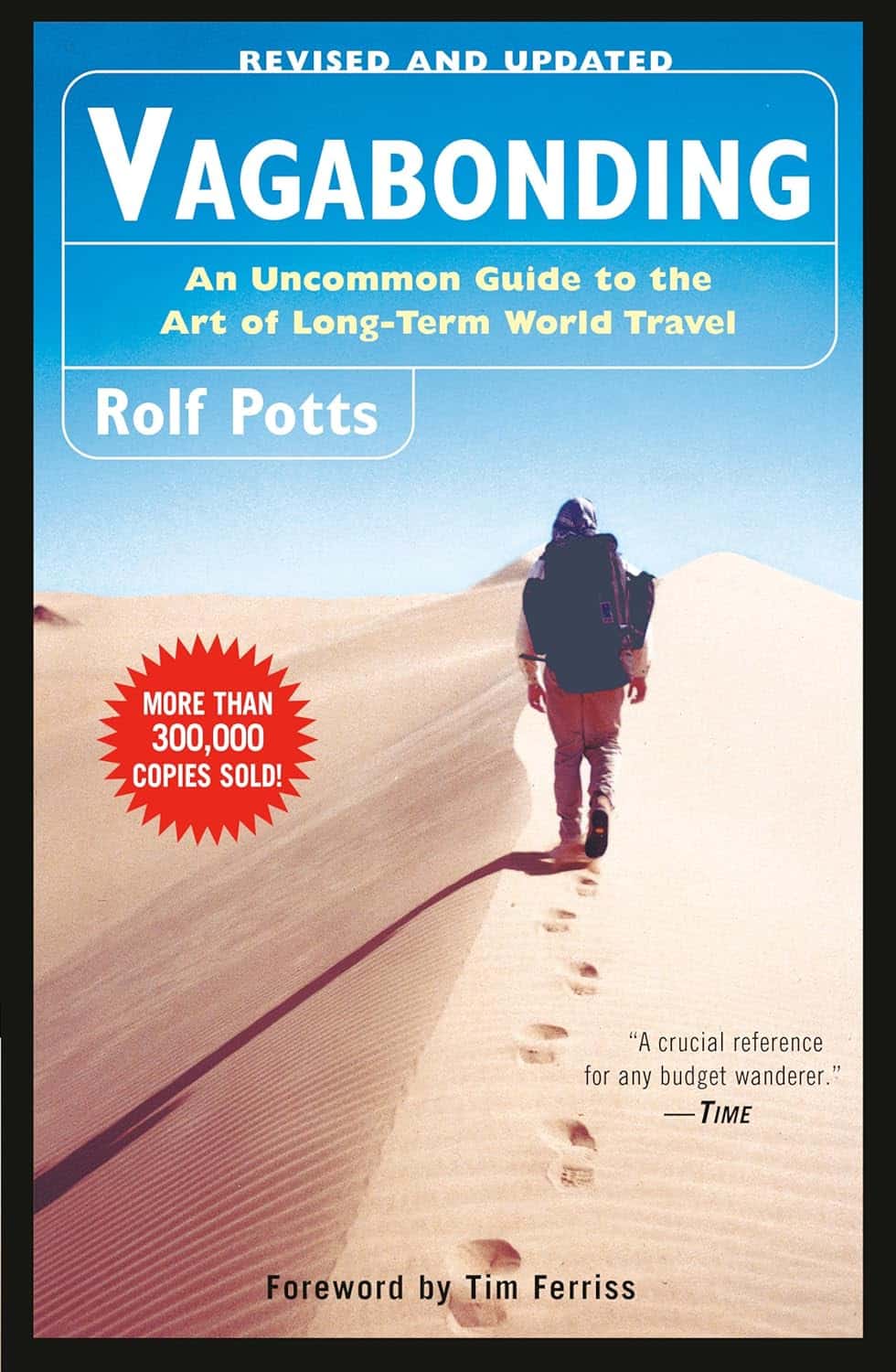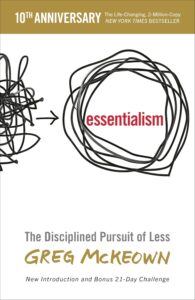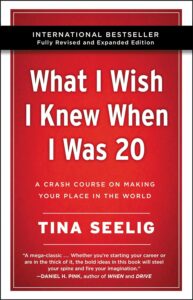The Book in Three Points
- Everyone can make a long-term trip work (of 4+ weeks)
- You don’t need much to travel in regards to plan or equipment
- The most joy comes from saying “yes” and embracing the people and culture from wherever you go
Should You Read it?
How do you live in different countries across the world out of only a backpack? Do you even want to do that? This book inspired me to plan a 6-week trip to Buenos Aires and a 10-week trip to Italy, which I will attend in the Spring and Summer of 2023. This book is my guide.
My current state is influencing this rating, but I hungered for a book on traveling and living abroad, and this is a great one. The author has lived while traveling for 30 months in Asia, a year in South America, and many more experiences across the world. A great guidebook for a person who plans to travel the world. If you have any thoughts about traveling for an extended period of time (more than two weeks), pick up this book. He provides sufficient practical advice and resources in every chapter, from safety to making friends to stretching a dollar.
Major Take-Aways
- Bring with you as little as possible. Here is what he brought:
- A guidebook, a pair of sandals, standard hygiene items, a few relevant medicines, disposable earplugs, small gift items for future hosts and friends, a few changes of simple, functional clothes and one nice outfit for customs checks and social occasions, small flashlight, sunglasses, daypack, camera. Sturdy pair of boots or walking shoes, and a strong padlock
- Don’t limit how long or many places you will go. You may love a place and want to stay a week, a month, or a year longer.
- Recommended resources:
- read Walden
- check out packing and traveling light
- couch surfing
- Keep a journal from the beginning of your travels and discipline yourself to make an entry every day. Be brief or ramble as much as you want. Talk about stories, events, feelings, differences, and impressions.
- Devote some time each week to basic errands such as buying train tickets, laundry, changing money and toiletries, and sending emails. This will allow you to only focus on this at one time during the week so you have free time elsewhere.
- It sounds like a cool five weeks: South Korea, rent an apartment, language school 20 hours a week, evenings eating barbecue, relaxing in dry saunas, singing with new and old friends.
- Don’t let nosy locals know that you’ve only been in their country for a few days. Look for places with lots of customers and healthy-looking employees. Make sure any meat is cooked in less developed countries, and be wary of milk, “beef,” leafy salads, and shellfish. Also, don’t drink non-bottled water.
- Most other countries aren’t like the US. In the US, we have politicized open-mindedness to the point that it isn’t so open-minded anymore. Regardless of which way you lean, you aren’t going to learn anything new if you continually use politics as a lens through which to view the world.
Helpful Quotes
- There are three general methods to simplifying your life: stopping expansion, reining your routine, and reducing clutter. The easiest one is stopping expansion.
- In many ways, this transition into travel can be compared to childhood: Everything you see is new and emotionally affecting, basic tasks like eating and sleeping take on a heightened significance, and entertainment can be found in the simplest curiosities and novelties.
- It’s always the people who make the journey-fellow travelers, couch-surfing hosts, and random hook-ups. Say “yes” as much as possible, leave your shy side at home, and let loose.
- On the vagabonding road, you prepare for the long haul knowing that the predictable and the unpredictable, the pleasant and the unpleasant are not separate but part of the same ongoing reality. You can try to make vagabonding conform to your fantasies, of course, but this strategy makes travel irrelevant. Indeed, vagabonding is, at its best-a rediscovery of reality itself.
- Salvador Dali “I never took drugs because I am drugs.”
- (on when you come home) Rediscover your work, and do it well. Redeploy your simplicity, and make it pay out in your free time. Emulate the best of people who themselves were at home when you met them on your travels. Pinpoint what you learned from them-hospitality, fun, reverence, integrity-and incorporate these things into your own life. Integrate the deliberate pace and fresh perspective that made your travel experience so vivid, and allow for unstructured time in your day-to-day home schedule.




